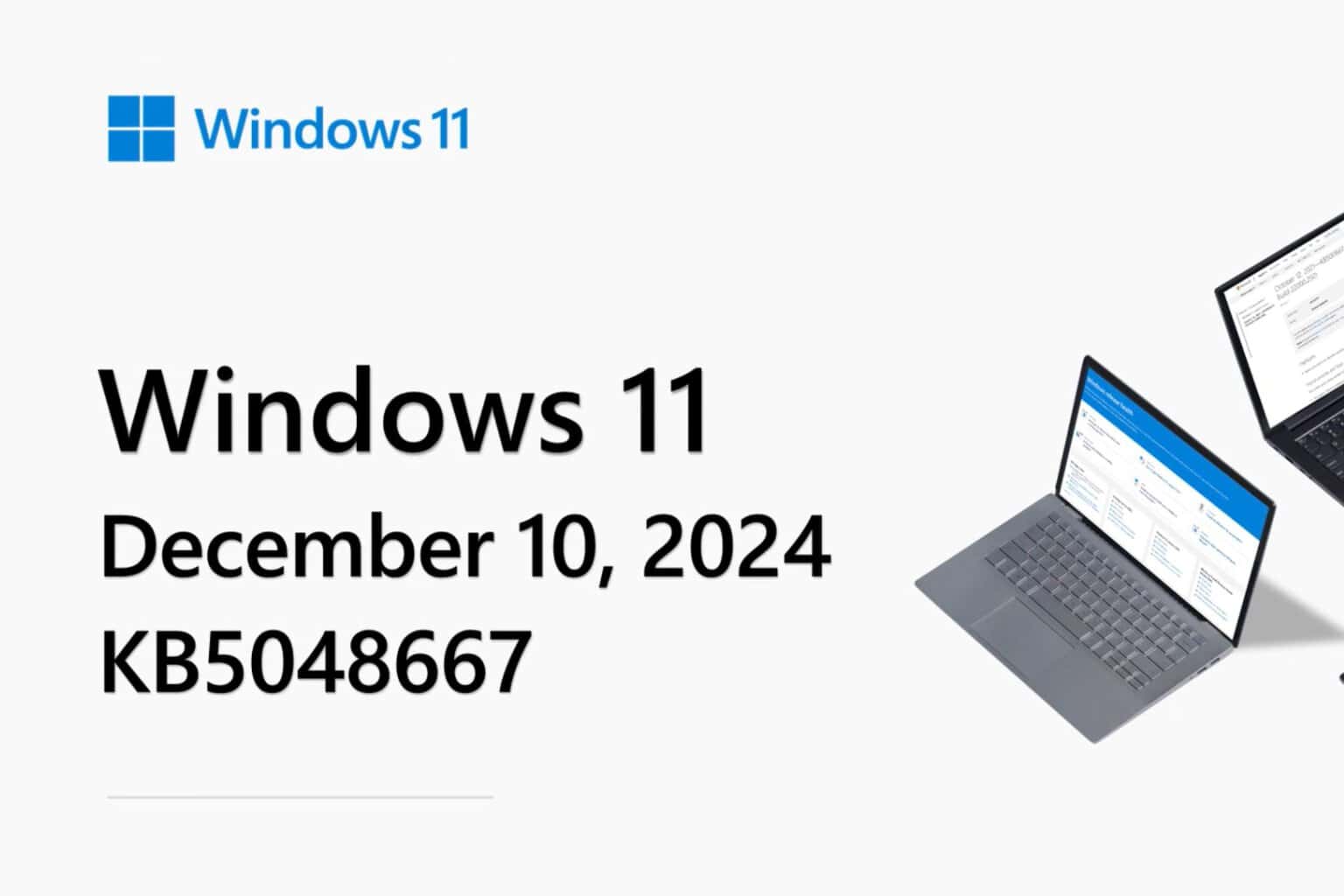Some OpenVPN configuration files may sneak malware to your PC
2 min. read
Updated on
Read our disclosure page to find out how can you help Windows Report sustain the editorial team. Read more

If you installed OpenVPN on your computer, then you should really read this piece of news. Recent reports confirmed that certain OpenVPN config files may be dangerous, opening the gate for malware to enter your Windows computer.
As a quick reminder, OpenVPN configuration files are used to run a series of VPN connection instructions, such as: what crypto solution to use, which remote servers to connect to, what protocols to use, and so on. There is an important command in the OpenVPN config file that allows users to any binary script. This could lead to hackers generating reverse shells that are very hard to spot.
In other words, attackers can direct OpenVPN traffic to one particular IP address and then use it to run commands on the remote computer using the specially crafted OpenVPN configuration file.
In a blog post on Medium, Jacob Baines offers further details about this issue:
Using untrusted ovpn files is dangerous. You are allowing a stranger to execute arbitrary commands on your computer. Some OpenVPN compatible clients like Viscosity and Ubuntu’s Network Manager GUI disable this behavior. However, after a long discussion with [email protected], it does not seem like this behavior will ever be removed from OpenVPN proper. As such, unless you know how to read ovpn files, I suggest you be very wary about the configuration files you are using.
So, if you’re using OpenVPN, the best solution is to simply avoid downloading config files. You can also switch to an alternative VPN solution. We recommend installing Cyberghost, one of the best VPN software in the world. Follow the link available below to get at a discounted price.









User forum
0 messages